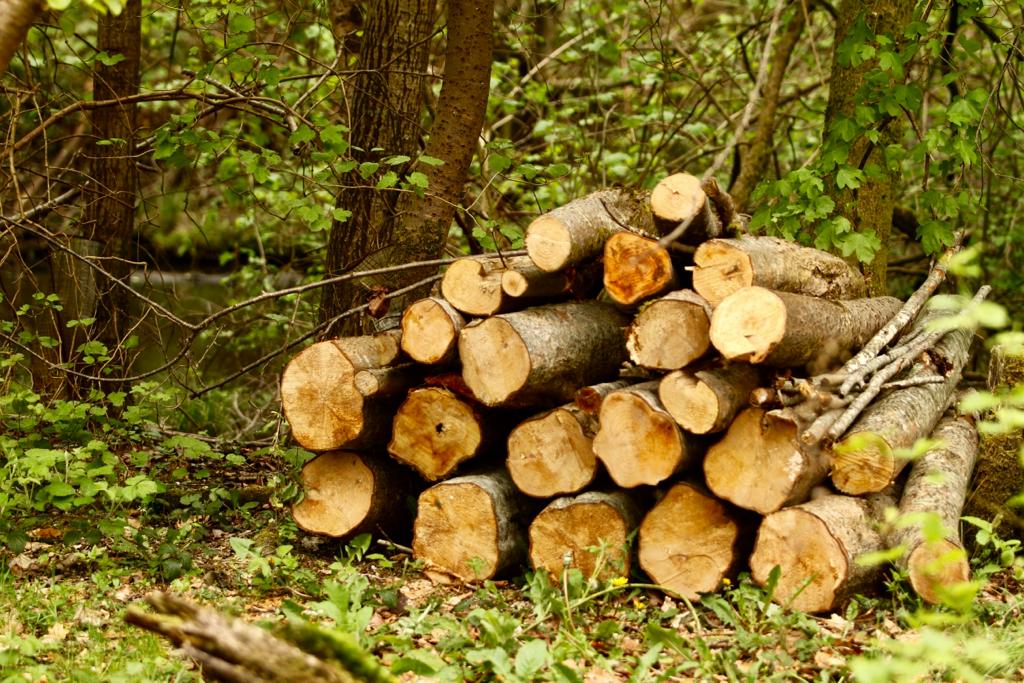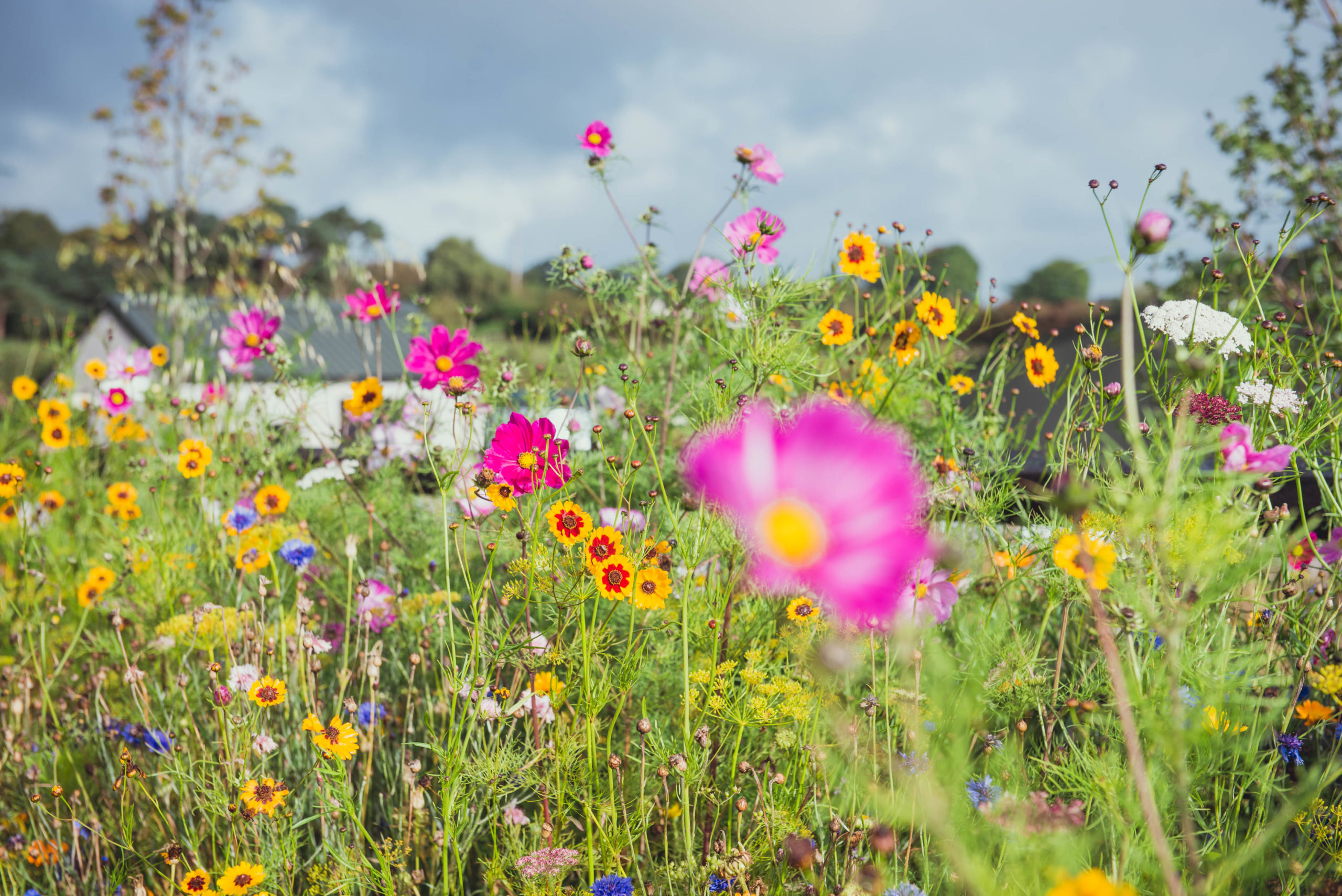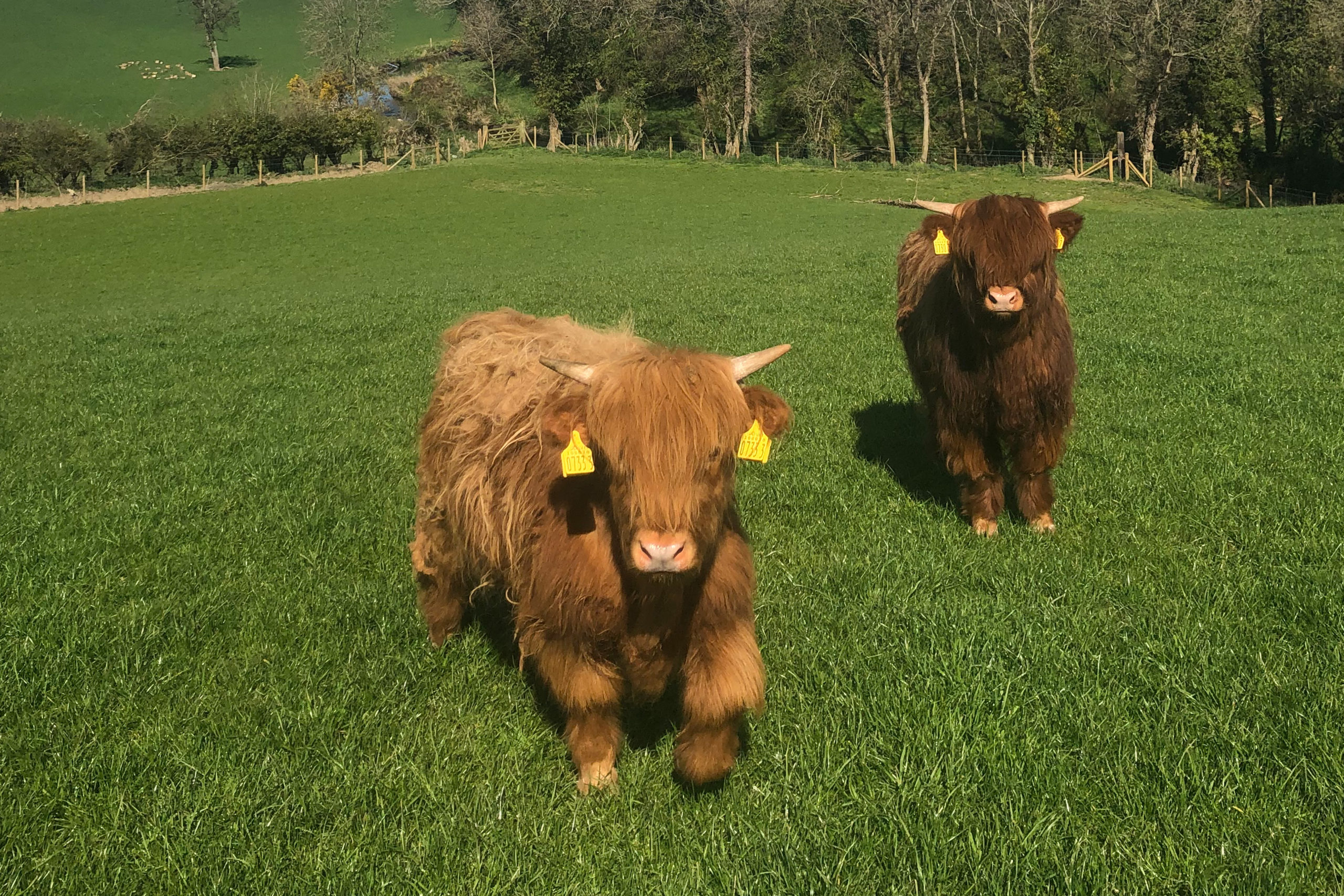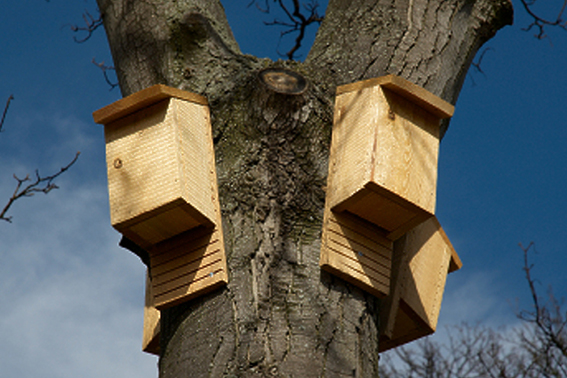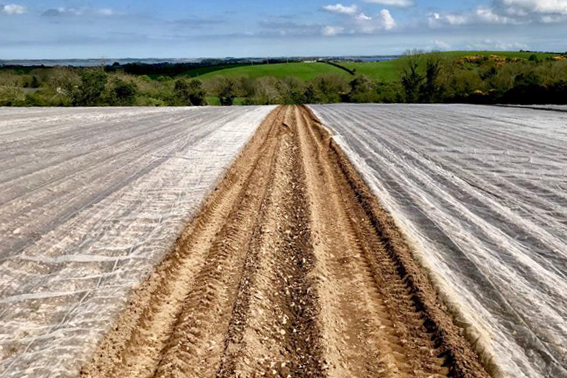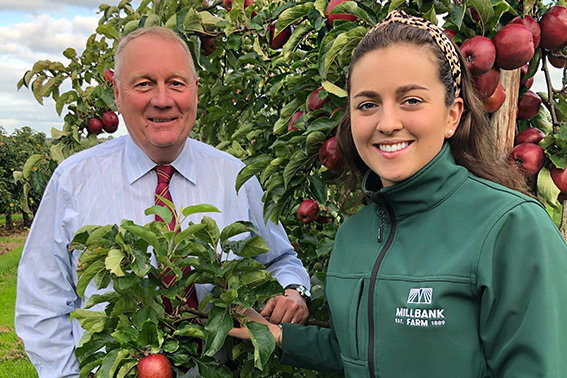


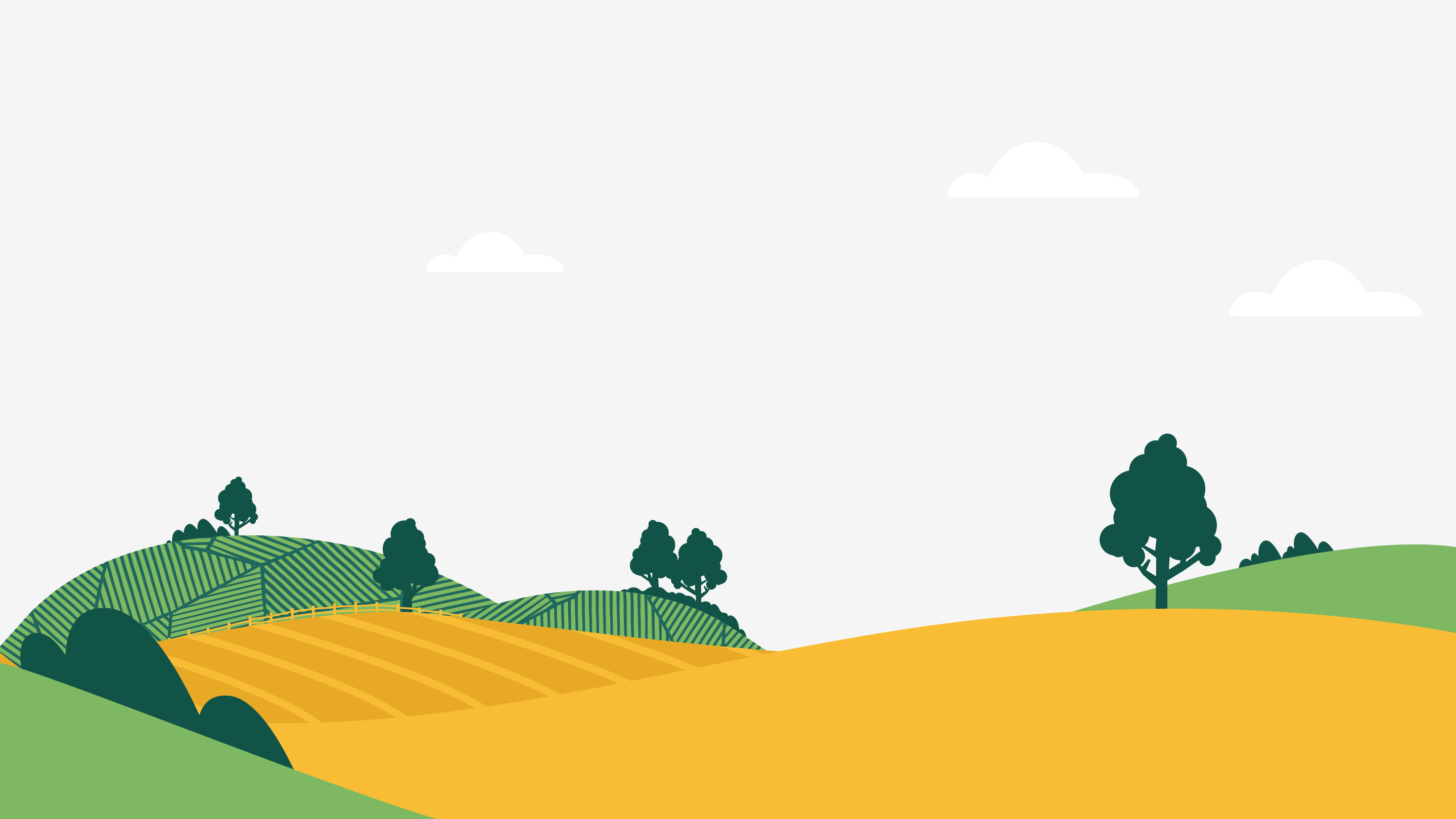
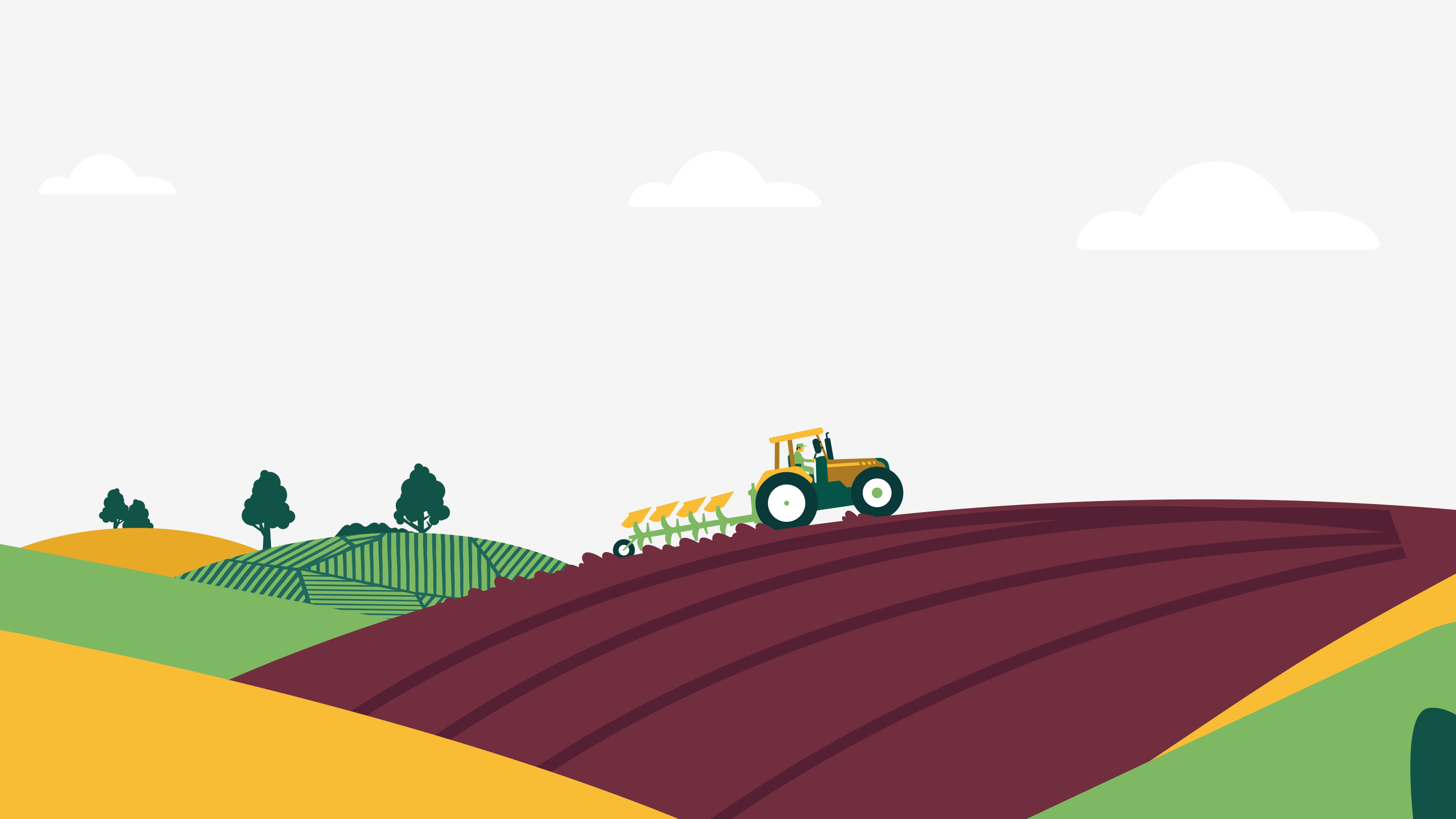
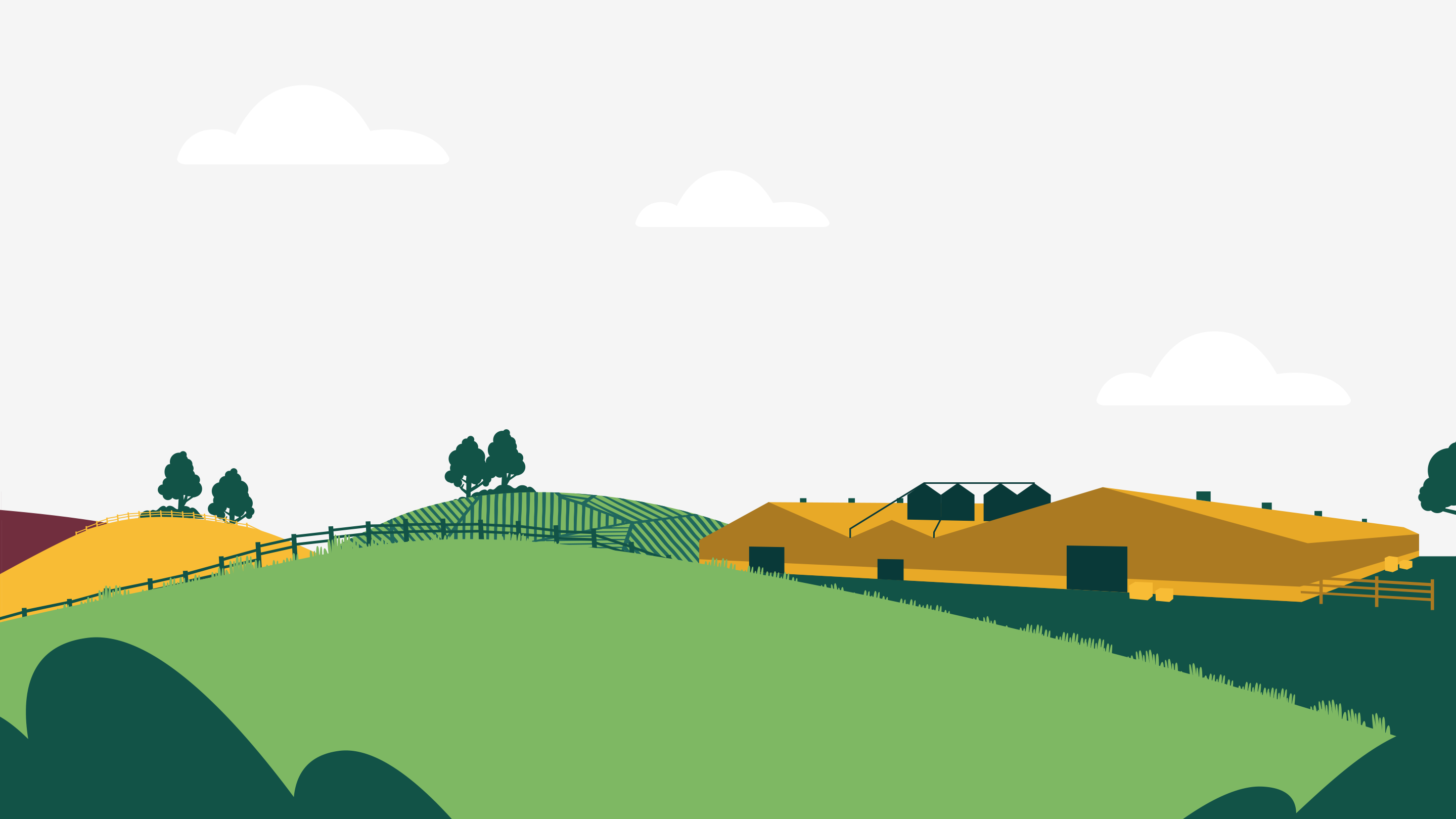
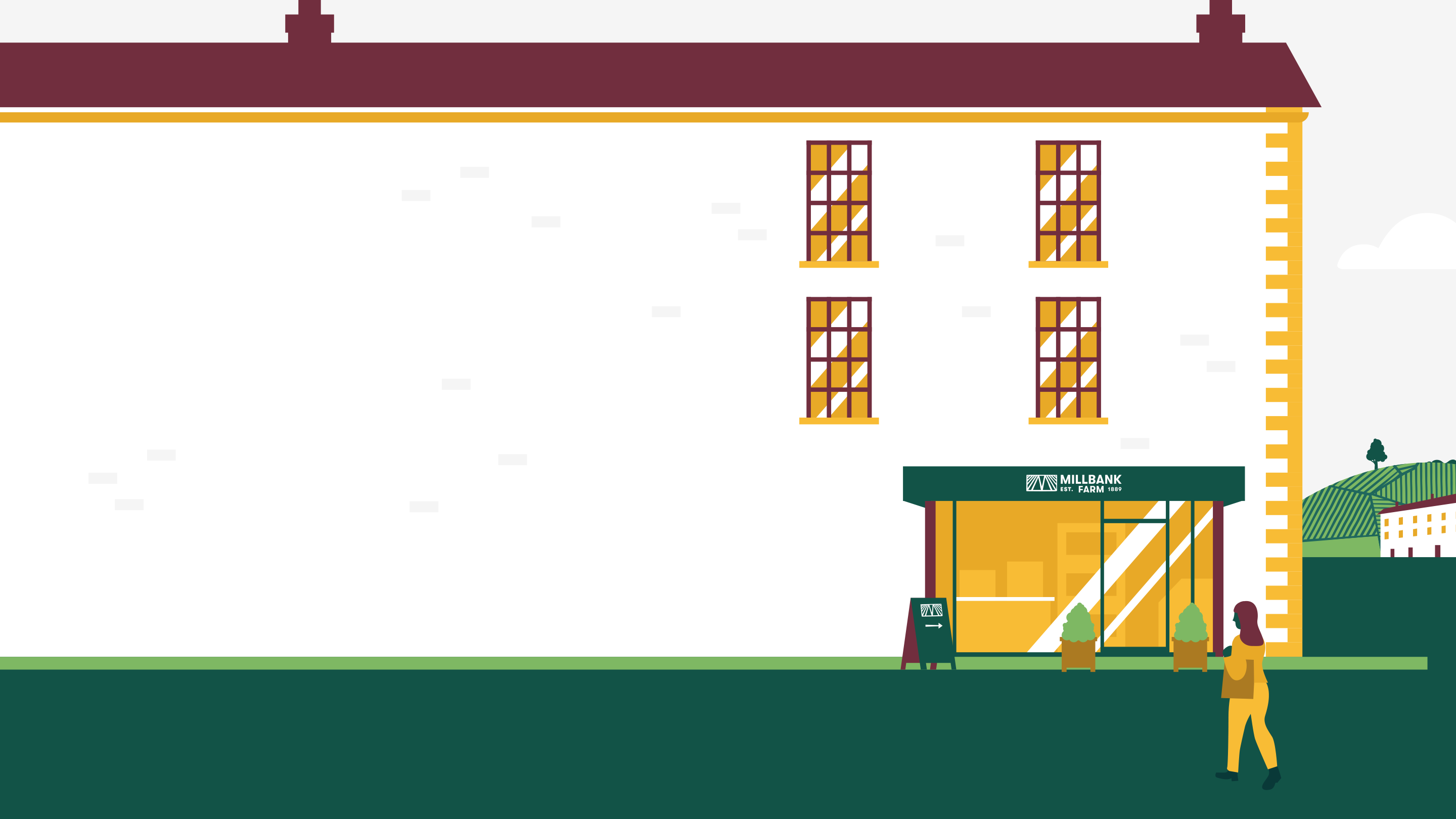
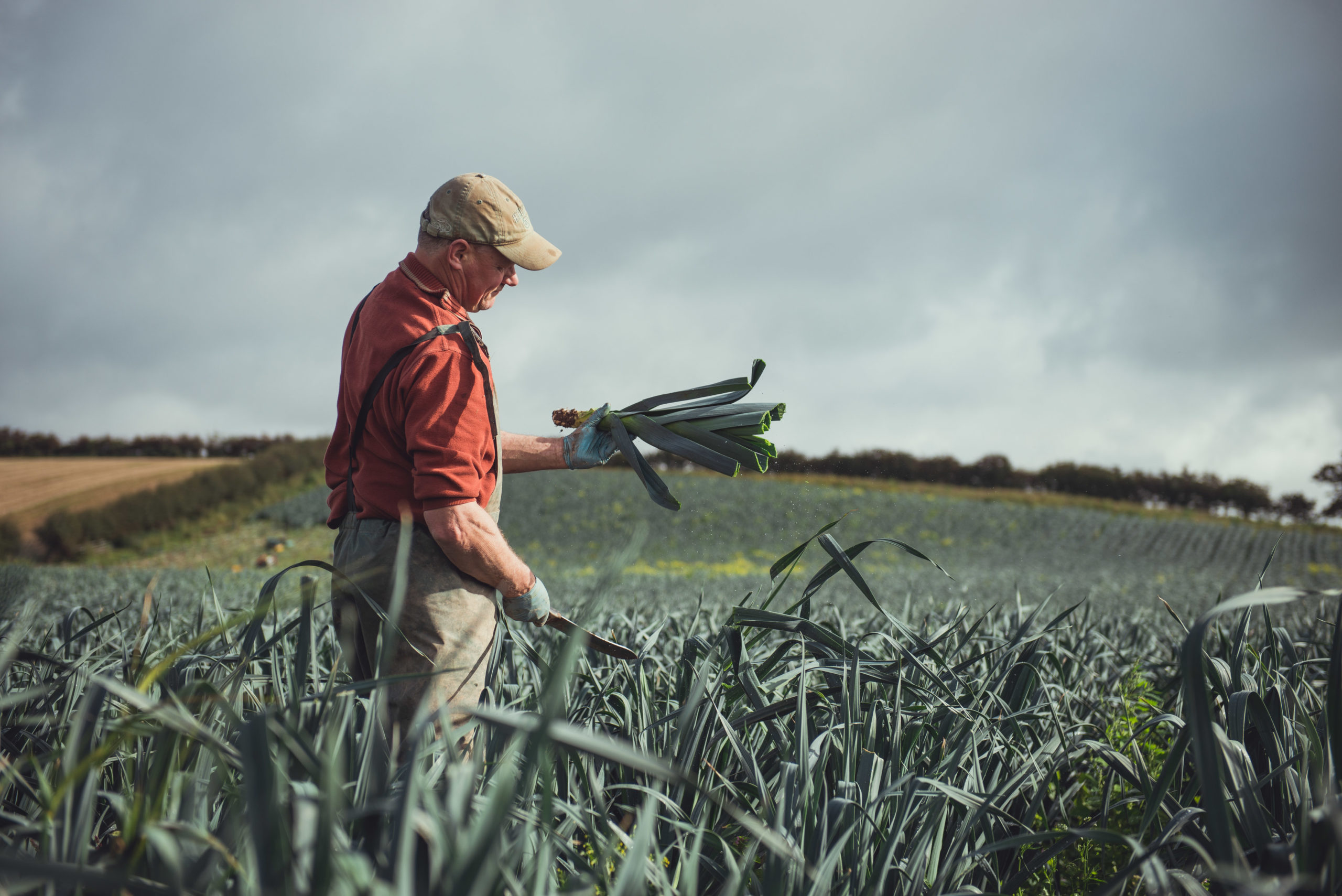
Millbank Farm is a sixth generation family farm in Killinchy, County Down. We grow over 40 varieties of vegetables from swedes to squash, from carrots to kale. As well as vegetables we also keep sheep, broiler chickens and two Highland cows.
We farm the land in a sympathetic way, and take every opportunity to enhance the local biodiversity of the countryside. Some of our environmental initiatives include:
We've planted 14 acres of coppies, hedgerows and mixed variety hedges, offering enhanced habitats for the local flora and fauna.
Wild flowers offer a pollinator mix for bees, as well as creating a beautiful splash of colour for passers by to enjoy – we have planted five acres in recent years.
To create higher organic matter in our soils, we keep livestock on the farm for grazing, rotate our crops, and spread organic manure.
We have installed bat boxes – offering habitats for the protected species in the local area.
Innovative netting is used to cover some of our crops. This covers the sprouting plants, forming a microclimate – which aids growth and deters insects without the need for unnecessary pesticides.
Our plum and apple orchards provide habitats for bullfinches.







Millbank Farm was founded on the site of a corn and sutch mill, which processed flax for the linen trade.
